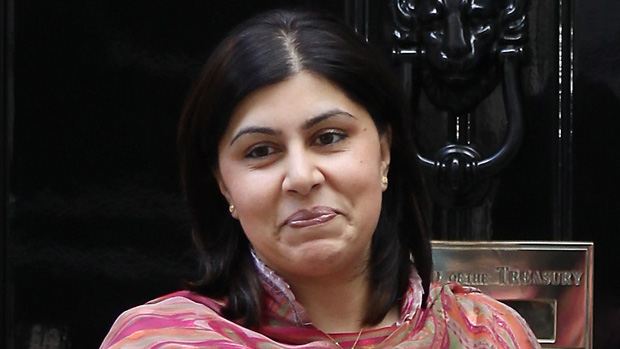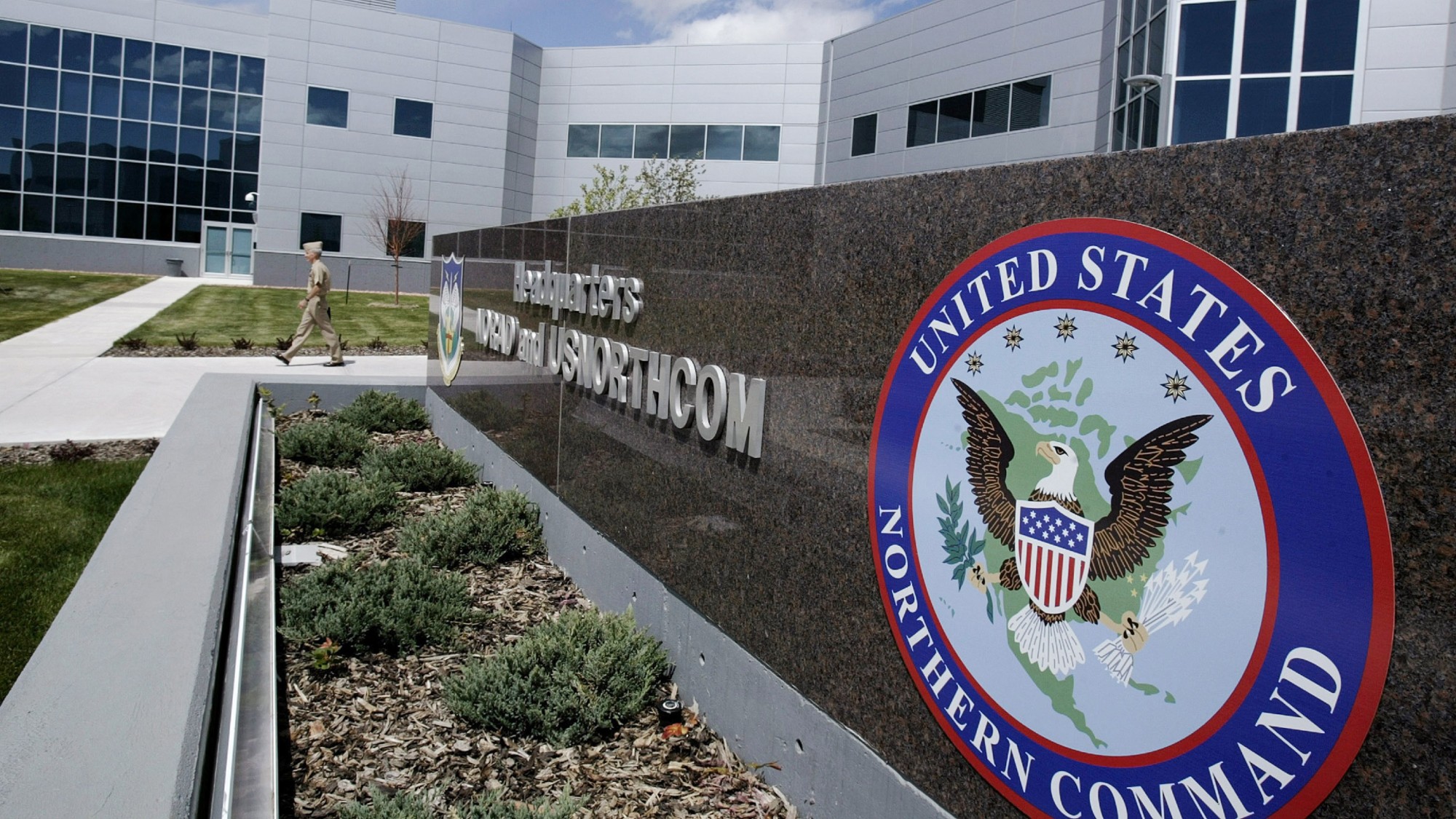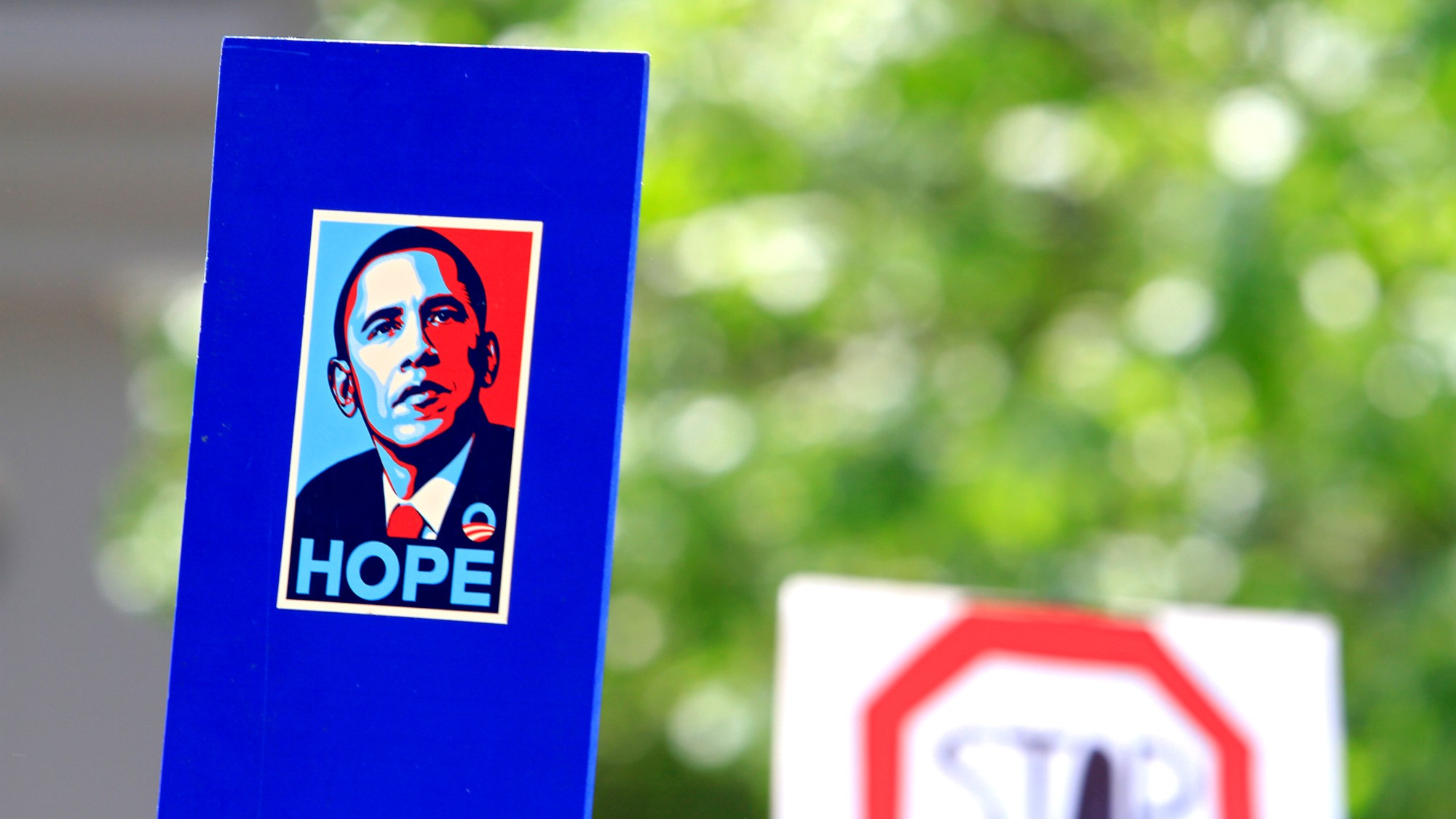The problem with defining Islamophobia
Government criticised for rejecting working definition that has been adopted by Labour, Lib Dems and Scottish Tories

A free daily email with the biggest news stories of the day – and the best features from TheWeek.com
You are now subscribed
Your newsletter sign-up was successful
The Government has rejected an official definition of Islamophobia following a warning from police that it would undermine anti-terrorist operations.
The definition was set out in a report published in December by the All-Party Parliamentary Group on British Muslims. “Islamophobia is rooted in racism and is a type of racism that targets expressions of Muslimness or perceived Muslimness,” the report says.
That definition was accepted by Labour, the Liberal Democrats, the Scottish Conservatives and London Mayor Sadiq Khan. However, a government spokesperson this week said that the wording needs “further careful consideration”.
The Week
Escape your echo chamber. Get the facts behind the news, plus analysis from multiple perspectives.

Sign up for The Week's Free Newsletters
From our morning news briefing to a weekly Good News Newsletter, get the best of The Week delivered directly to your inbox.
From our morning news briefing to a weekly Good News Newsletter, get the best of The Week delivered directly to your inbox.
The veto comes after National Police Chiefs’ Council chair Martin Hewitt sent a letter - leaked to The Times - to the prime minister warning that antiterrorism policing would be threatened if litigants could bring court cases accusing police forces of Islamophobia.
Baroness Sayeeda Warsi, a Conservative member of the group behind the definition, called Hewitt’s intervention “extraordinary and disturbing”.
She continued: “This is one of the most extensive pieces of work done in this area. We issued an open call for evidence, parliamentarians took reams of written evidence, including from the Crown Prosecution Service, we took days of oral evidence, including from those working in hate crime.”
In an article for The Guardian, another member of the group, Labour MP Wes Streeting, writes: “It was clear from the evidence we gathered, that what we’re up against goes wider than anti-Muslim hatred.
A free daily email with the biggest news stories of the day – and the best features from TheWeek.com
“It is structural, often unconscious, bias.”
Freedom of speech
The Government has voiced concerns that the definition could hinder freedom of speech, prompting the Muslim Council of Britain to respond that it was “truly astonishing the Government thinks it knows better than Muslim communities”, reports BuzzFeed News.
The organisation added: “If this free speech rationale is true, it would mean that the Government believes that defining the racism that targets Muslims or expressions of Muslimness somehow impinges on free speech. Defining anti-Semitism does not do so, but defining Islamophobia does.”
However, an open letter signed by over 40 academics, writers and campaigners argues that the proposed wording is “unfit for purpose”, the BBC reports. The letter warns that the “uncritical and hasty adoption” of the definition would bring in “a backdoor blasphemy law” , “aggravate community tensions” and “inhibit free speech about matters of fundamental importance”.
Neil Basu, head of counterterrorism policing, said the definition “risks creating confusion, representing what some might see as legitimate criticism of the tenets of Islam - a religion - as a racist hate crime, which cannot be right for a liberal democracy in which free speech is also a core value”.
But Labour’s Streeting rejects those claims, saying the group’s report “makes it crystal clear that our definition does not preclude criticism of Islam or Islamic theology”.
Meanwhile, the secretary general of the Muslim Council of Britain, Harun Khan, claims the criticisms are disingenous. “Being critical of Islam or any religion does not make you an Islamophobe,” he said. “You are only an Islamophobe if you use the language of racism targeting expressions of Muslimness.”
Non-legally binding
The question of whether the definition would be legally binding is also contested.
In an interview with BBC Radio 4’s Today programme, Warsi acknowledged that it would not. Instead, the definition would simply be guidance “along the lines of the working definition of anti-Semitism as adopted three years ago by the International Holocaust Remembrance Alliance”, says The Times.
But this lack of legal status “throws up a whole range of potential discrimination issues that could trigger judicial reviews”, Jonathan Cooper, a human rights barrister, told the newspaper. He said that the proposed definition “creates a lack of clarity”, adding: “It is not the right way of approaching this fundamental problem.”
Fellow barrister Kirsty Brimelow QC, former chair of the Bar’s Human Rights Committee, agrees that the debate around the proposed definition is “unclear”. If its purpose is to move Islamophobia into the category of racial discrimination, rather than religious discrimination, “this would not affect the discrimination laws already in place and would arguably be unnecessary”, she said.
Brimelow points out that Article 14 of the European Convention of Human Rights already prohibits discrimination in people’s freedom to practise and adhere to a religion.
Existing legislation also criminalises acts that are racially or religiously aggravated, or motivated by hostility towards a member of a particular racial or religious group, Brimelow told The Times.
-
 The environmental cost of GLP-1s
The environmental cost of GLP-1sThe explainer Producing the drugs is a dirty process
-
 Greenland’s capital becomes ground zero for the country’s diplomatic straits
Greenland’s capital becomes ground zero for the country’s diplomatic straitsIN THE SPOTLIGHT A flurry of new consular activity in Nuuk shows how important Greenland has become to Europeans’ anxiety about American imperialism
-
 ‘This is something that happens all too often’
‘This is something that happens all too often’Instant Opinion Opinion, comment and editorials of the day
-
 How corrupt is the UK?
How corrupt is the UK?The Explainer Decline in standards ‘risks becoming a defining feature of our political culture’ as Britain falls to lowest ever score on global index
-
 Why the Bangladesh election is one to watch
Why the Bangladesh election is one to watchThe Explainer Opposition party has claimed the void left by Sheikh Hasina’s Awami League but Islamist party could yet have a say
-
 The high street: Britain’s next political battleground?
The high street: Britain’s next political battleground?In the Spotlight Mass closure of shops and influx of organised crime are fuelling voter anger, and offer an opening for Reform UK
-
 Is a Reform-Tory pact becoming more likely?
Is a Reform-Tory pact becoming more likely?Today’s Big Question Nigel Farage’s party is ahead in the polls but still falls well short of a Commons majority, while Conservatives are still losing MPs to Reform
-
 ‘Security is no longer a function only of missiles and fighter jets’
‘Security is no longer a function only of missiles and fighter jets’Instant Opinion Opinion, comment and editorials of the day
-
 Taking the low road: why the SNP is still standing strong
Taking the low road: why the SNP is still standing strongTalking Point Party is on track for a fifth consecutive victory in May’s Holyrood election, despite controversies and plummeting support
-
 What difference will the 'historic' UK-Germany treaty make?
What difference will the 'historic' UK-Germany treaty make?Today's Big Question Europe's two biggest economies sign first treaty since WWII, underscoring 'triangle alliance' with France amid growing Russian threat and US distance
-
 'It's America that refuses to listen and learn'
'It's America that refuses to listen and learn'Instant Opinion Opinion, comment and editorials of the day